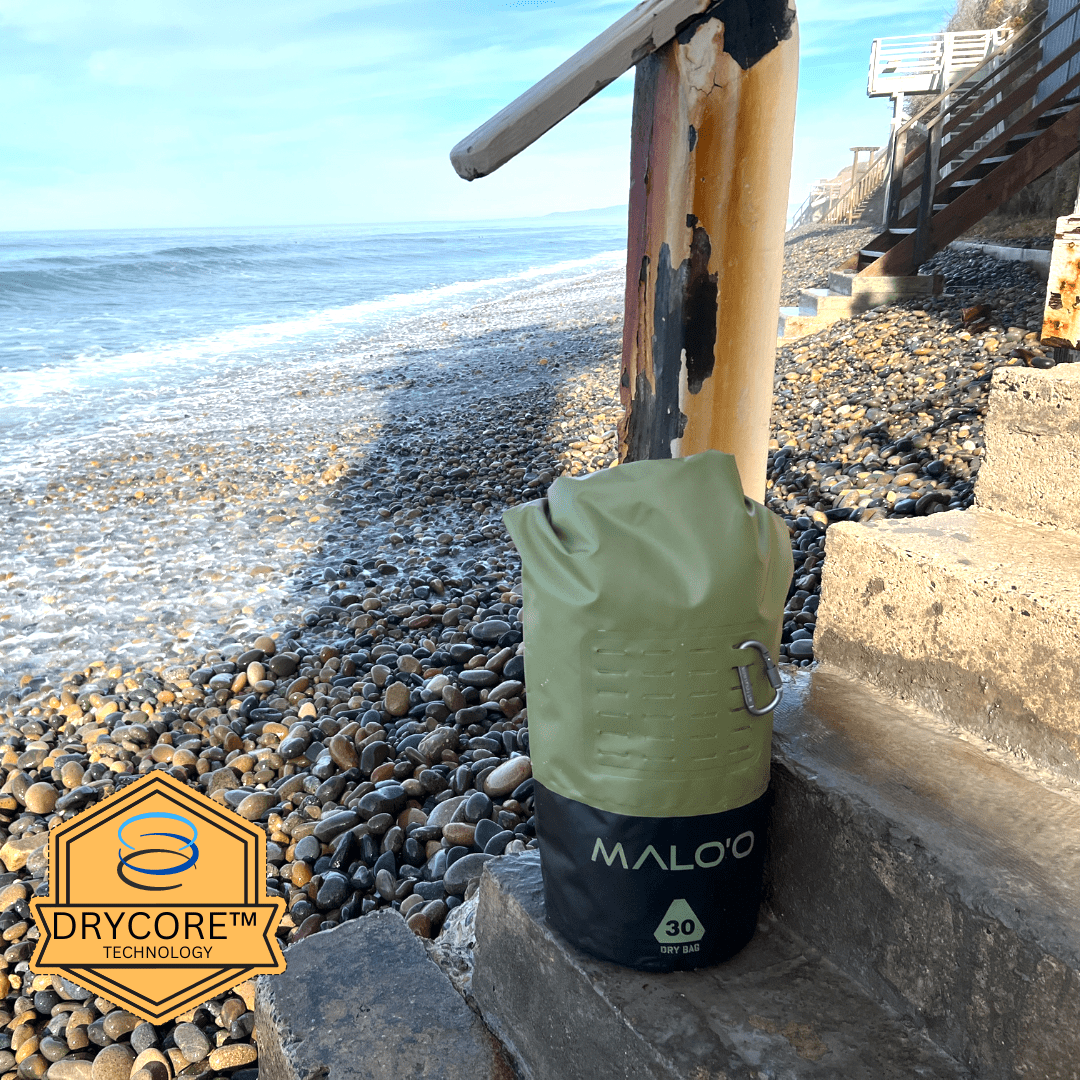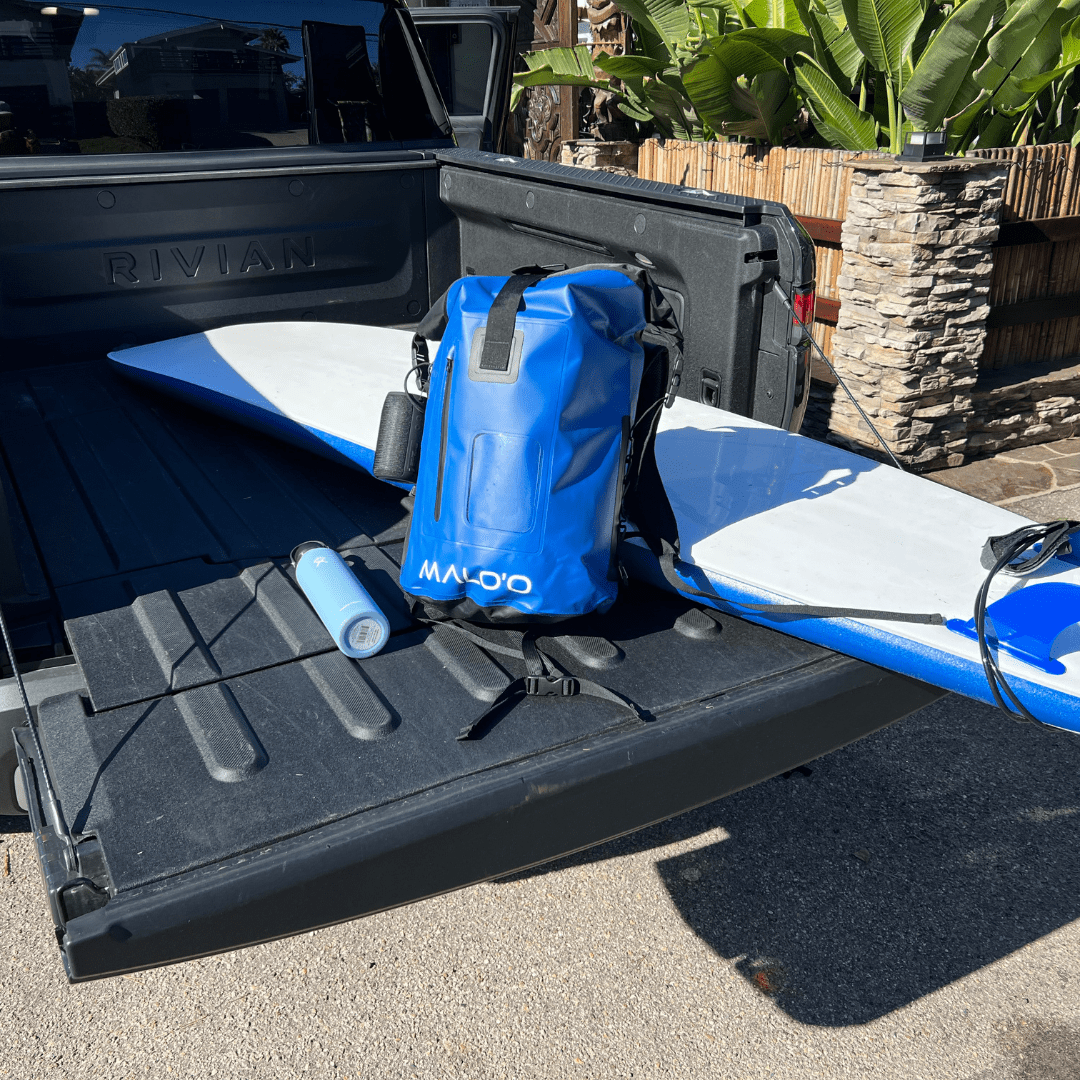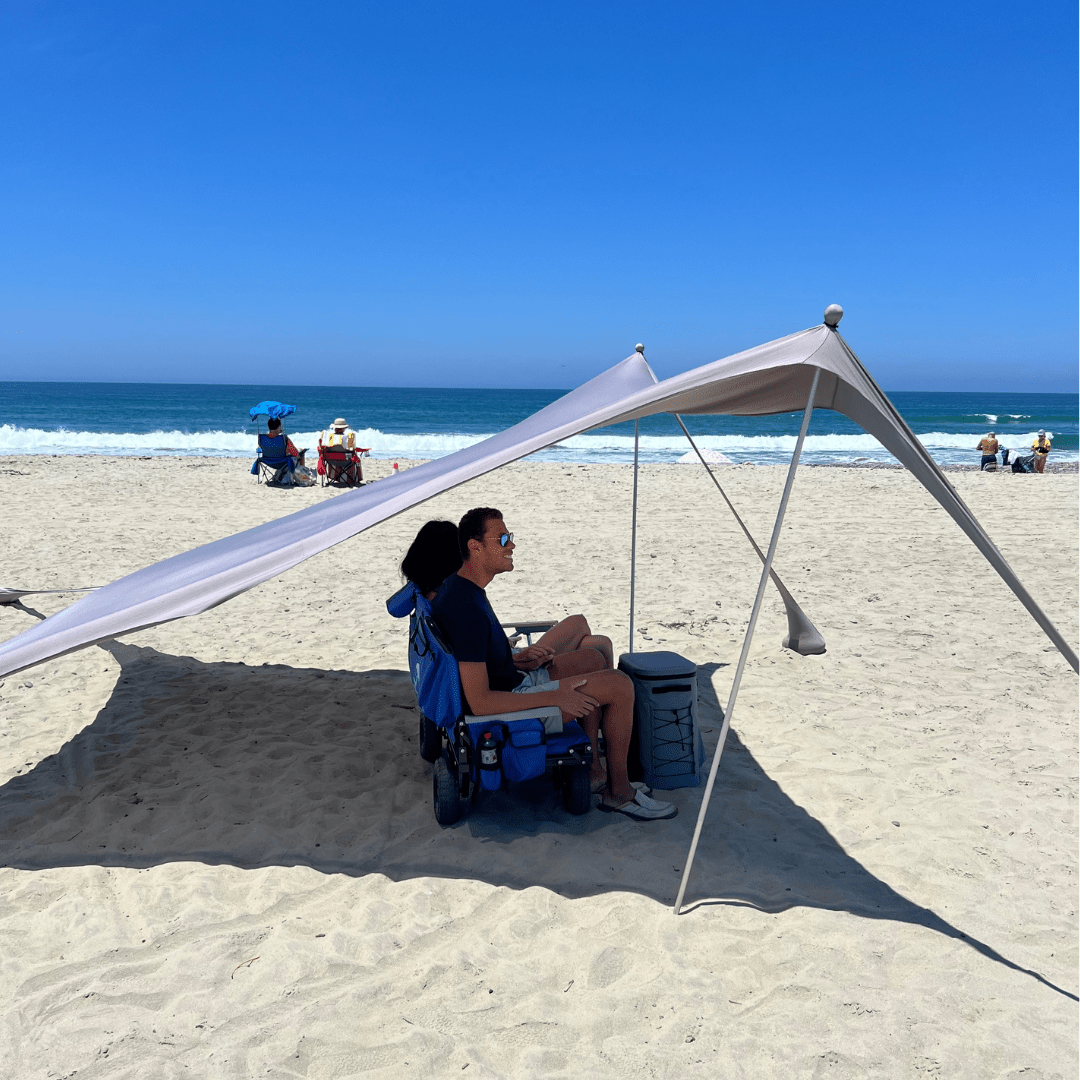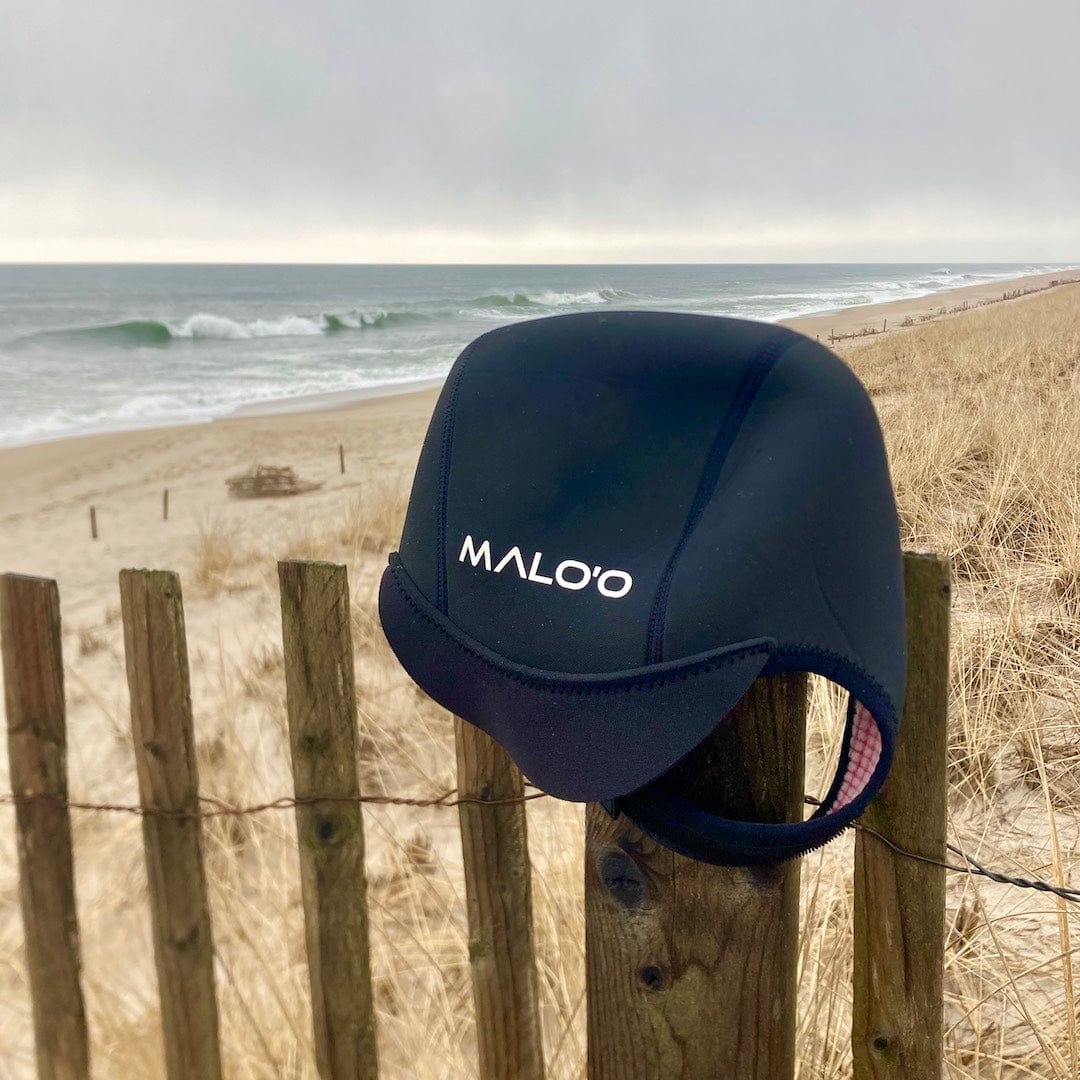Introduction
Camping is one of those outdoor activities that can instantly connect you with nature, providing a respite from the hustle and bustle of daily life. Whether you're a seasoned camper or planning your very first adventure, one of the most critical decisions you'll make is choosing the right camping tent. Your tent is your home away from home, your sanctuary from the elements, and where you'll create lasting memories. In this comprehensive guide, we'll explore everything you need to know about selecting the perfect camping tent, ensuring a comfortable and enjoyable camping experience.
Why Choosing the Right Camping Tent Matters
A camping tent is your shelter in the great outdoors, offering protection from the elements and a cozy place to sleep. Selecting the right tent is essential for several reasons:
1. Weather Protection: A quality camping tent provides a barrier against rain, wind, and cold temperatures, ensuring that you stay dry and warm.
2. Comfort: Your tent is your home while camping, so it should be comfortable and provide a good night's sleep.
3. Durability: The right tent will withstand the rigors of camping, ensuring it lasts for many trips to come.
4. Functionality: Different types of tents offer various features, like spacious interiors, easy setup, and extra storage space. Choosing the right tent can make your camping experience more convenient.
5. Cost-Effective: Investing in the right tent from the beginning can save you money in the long run. A durable tent won't need frequent replacements.
Now, let's dive into the key factors to consider when choosing a camping tent:
1. Tent Types
There are several tent types to choose from, each designed for different camping experiences:
• Backpacking Tents: These are lightweight and compact, ideal for hikers and campers on the move. They are easy to set up and designed for portability.
• Family Tents: Spacious and roomy, these tents are perfect for car camping trips with family or friends. They often feature multiple rooms, making them suitable for extended stays.
• Dome Tents: Dome tents are easy to set up and provide excellent stability in windy conditions. They are available in various sizes, making them suitable for different group sizes.
• Cabin Tents: Cabin tents are large and cabin-like in design. They offer plenty of headroom and are often used for family camping trips.
• Pop-Up Tents: Pop-up tents are incredibly easy to set up, making them an excellent choice for novice campers. They are designed for convenience and are usually small and lightweight.
Consider the type of camping you plan to do when selecting a tent. Your choice will largely depend on whether you'll be carrying the tent on your back, setting it up near your vehicle, or embarking on long backpacking journeys.
2. Tent Size
Choosing the right tent size is crucial to ensure a comfortable camping experience. When considering size, think about the number of people who will be sharing the tent, the amount of gear you need to store, and your personal preferences. Tent sizes are typically described by the number of people they can accommodate, such as 2-person, 4-person, or 6-person tents.
Keep in mind that the stated capacity may be a bit tight, so if you're camping with a group, it's often a good idea to size up. For example, a 4-person tent may be perfect for a couple, but it can be snug for four adults with gear. If you want more space for comfort, consider a tent that can accommodate one or two additional people.
3. Tent Seasonality
Tents are categorized by the season they are designed for. The three main seasonality ratings are:
• 3-Season Tents: These are the most common tents and are designed for spring, summer, and fall camping. They are lightweight, provide good ventilation, and protect against rain and mild wind.
• 4-Season Tents: Also known as winter tents, these are built to withstand harsh winter conditions, including heavy snowfall and strong winds. They are not suitable for warm weather due to reduced ventilation.
• 3-4 Season Tents: These tents are versatile and can be used in a wide range of conditions, making them a good choice for most campers.
Choose a tent with seasonality that matches the weather conditions you expect to encounter during your camping trips.
4. Tent Setup and Ease of Use
Ease of setup is a crucial factor, especially if you're new to camping. Tents come in various designs, including instant pop-up tents, simple dome tents, and more complex cabin-style tents. Consider your familiarity with tent assembly and whether you'll be setting up the tent alone or with help.
Some tents have color-coded poles and simple clip-on designs, making setup a breeze. Others may require more time and effort. Read product descriptions and user reviews to get a sense of how easy or challenging the tent is to set up.
5. Weather Resistance
Camping weather can be unpredictable, and your tent should be prepared for all conditions. Look for these features to ensure your tent is weather-resistant:
• Rainfly: A rainfly is a waterproof cover that goes over the tent to protect it from rain. It's a must-have for wet weather camping.
• Sealed Seams: Tents with sealed seams prevent water from seeping through the stitching. Check for this feature to keep your tent dry during rain showers.
• Bathtub Floor: A bathtub floor is designed to keep water out, preventing it from flowing into the tent. This feature is especially valuable if you anticipate heavy rain or wet ground.
• Ventilation: Proper ventilation is essential to reduce condensation inside the tent. Look for tents with mesh windows and vents to improve airflow.
6. Tent Materials
The material of your tent impacts its durability and weight. Common tent materials include:
• Nylon: Lightweight and durable, making it ideal for backpacking tents.
• Polyester: Resistant to UV rays and less likely to stretch when wet, polyester is a popular choice for family tents.
• Canvas: Heavy and sturdy, canvas tents are perfect for long-term camping but can be challenging to set up and transport.
Consider the material's weight, durability, and how it suits your camping needs when making your choice.
7. Price and Budget
Camping tents come in a wide range of prices, from budget-friendly options to high-end models. Your budget will play a significant role in your decision. Keep in mind that while a more expensive tent may come with additional features and higher quality materials, it's not always necessary for a comfortable camping experience.
Evaluate your camping frequency and the conditions you expect to encounter. If you're a casual camper who only ventures out during the summer, a budget-friendly 3-season tent might be all you need. However, if you're planning to make camping a regular hobby, it may be worth investing in a more durable and versatile tent that can withstand various conditions.
8. Additional Features
Some tents come with extra features to enhance your camping experience. These may include:
• Vestibules: A vestibule is an extended rainfly or awning that creates extra space for storing gear outside the tent while keeping it protected from the elements.
• Gear Loops and Pockets: Built-in loops and pockets provide convenient storage for small items, like headlamps or keys.
• E-Ports: E-ports allow you to run electrical cords into the tent, providing power for devices or lighting.
• Tent Footprints: Tent footprints are ground cloths that protect the tent's bottom from abrasion and moisture. They can extend the life of your tent.
• Room Dividers: In family tents, room dividers can create separate sleeping spaces for privacy.
Consider which additional features are essential to your camping style and choose a tent that includes them.
9. Brand Reputation and Reviews
Lastly, do your research. Look for reputable brands with a history of producing high-quality camping gear. Read user reviews and testimonials to gain insights into the real-world performance of a tent. Online forums and camping websites are great resources for finding first-hand experiences and recommendations.
Remember that a tent is an investment, so take your time to make an informed decision.
Conclusion
Choosing the right camping tent is a crucial step in ensuring a successful and enjoyable camping trip. Your tent serves as your home away from home and your primary defense against the elements. By considering factors such as tent type, size, seasonality, setup, weather resistance, materials, budget, additional features, and brand reputation, you can find the perfect tent for your camping needs.
Whether you're embarking on a solo backpacking adventure, a family camping trip, or a romantic weekend getaway, a well-chosen tent will provide the comfort and protection you need to fully embrace the beauty of the great outdoors. So, gear up, find the perfect camping tent, and start making memories that will last a lifetime. Happy camping!















